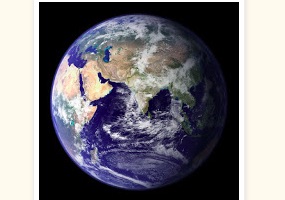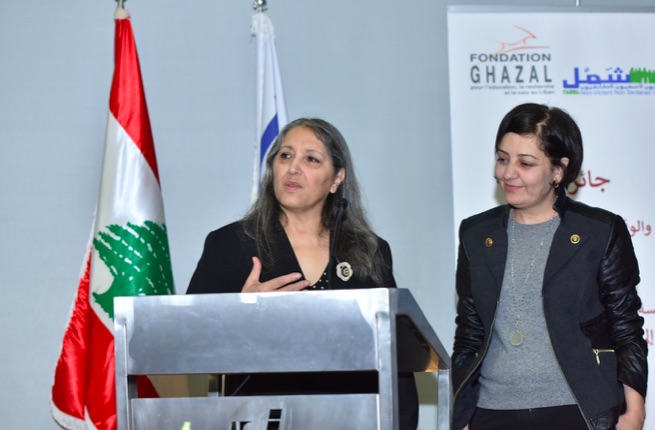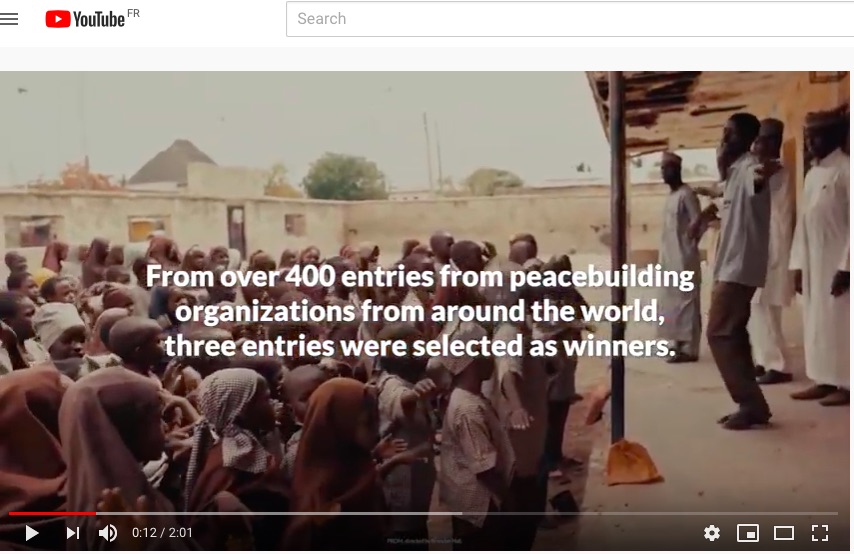. TOLERANCE & SOLIDARITY .
Excerpts from the newsletter of United Nations Alliance of Civilizations
UNAOC has announced the latest recipients of the Youth Solidarity Fund (YSF) [ announced in 2019]. More than 600 proposals were received from over 70 countries in response to the call for applications. Five organizations based in Africa and Asia were then selected to receive seed funding of up to USD 25,000 for the purpose of implementing projects with innovative and effective approaches to intercultural dialogue and interfaith harmony. These five recipients join a group of 63 other youth-led organizations that have been funded by UNAOC since 2008.
In addition to seed funding, YSF recipients will also receive technical support to strengthen the implementation of their projects. UNAOC has partnered with Search for Common Ground to facilitate a capacity-building programme called Youth 360, involving online workshops and ongoing support from mentors. YSF recipients will have access to this support until the end of their project implementation period in November 2020.
The current edition of YSF is implemented through financial contributions from the Governments of Finland, Malta and the Republic of Azerbaijan.

Umoja Mashinani – Kenya
“Our project, Umoja Mashinani, can be loosely translated to mean Peace Ambassadors in the Grassroots. We aim to enhance the capacity of community radio journalists to promote messages on non-violence, religious respect and intercul- tural cohesion. With UNAOC, we hope to build a sustainable and impactful platform together, fostering a community of young people who work for peace.”
Bonface Ochieng Opany, 27 years old
Project Coordinator, Umoja Mashinani
Youth Solidarity Fund Recipient, Amani Centre (Kenya)
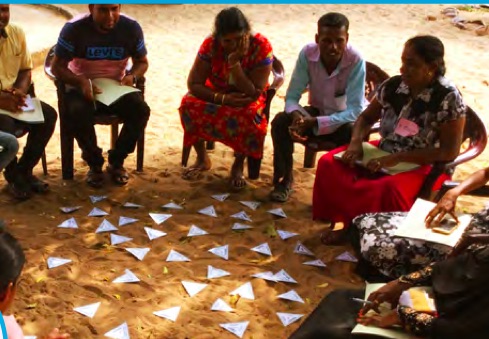
Theatre for Peace – Sri Lanka
“Our project will bring young people with diverse backgrounds together to connect, create and transform. Through theater, we will facilitate a process of introspection to explore and challenge our own identities, beliefs, biases and perspectives. With the resources and the solidarity shared through UNAOC we will be stronger to stand up and challenge the polarization and separation in our society.”
Sivatharsini Raveendran, 28 years old Project Coordinator, Theatre for Peace – Connect.Create. Transform
For Youth Solidarity Fund Recipient, Centre for Communication Training (Sri Lanka)
(continued in right column)
Youth initiatives for a culture of peace, How can we ensure they get the attention and funding they deserve?
How can just one or a few persons contribute to peace and justice?
(continued from left column)

We Play for Peace – Lebanon
“We are launching ‘We Play for Peace!’ which is a project funded by UNAOC to create a safe space for youth from different religions, nationalities and backgrounds. Through sports, young people from the North Bekaa region of Lebanon will get the opportunity to set their differences aside and play together in peace. Youth will erase the memory of conflict and be a source of positive change for the future.”
Mehdi Houssein Yehya, 31 years old
Project Coordinator, We Play for Peace! Youth Solidarity Fund Recipient, Peace of Art (Lebanon)
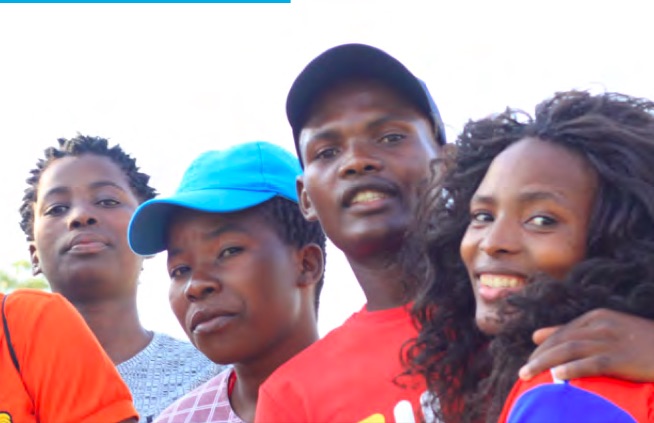
Dismantling Stereotypes – Kingdom of Eswatini
“We are curating interfaith and intercultural conversations amongst young people of different religious and cultural backgrounds. With the grant from UNAOC, we aim to inculcate a culture of mutual understanding, respect and tolerance for these young people. Our goal is to place youth in the center of pre- venting any religious and cultural differences from breaking out into violence or developing into mechanisms for excluding other people.”
Sicelo Christopher Gama, 29 years old Project Coordinator,
Dismantling Religious and Cultural Stereotypes for Social Cohesion and Sustainable Peac
Youth Solidarity Fund Recipient, Swaziland Intent Youth Organization (Kingdom of Eswatini)

Nurturing for Peace – Uganda
“We thank UNAOC for their support of our project that will engage youth from seven sects of Islam and Christianity to strengthen interfaith understanding and foster new friendships. The project aims to reduce support for religiously motivated recruitment and acts of violent extremism in Eastern Uganda. We are confident that our project will be a living symbol to the ideals of interfaith cooperation and friendship among faiths.”
Zulaika Nanfuka, 32 years old
Project Coordinator, Nurturing for Peace
Youth Solidarity Fund Recipient, Uganda Muslim Youth Development Forum (Uganda)

